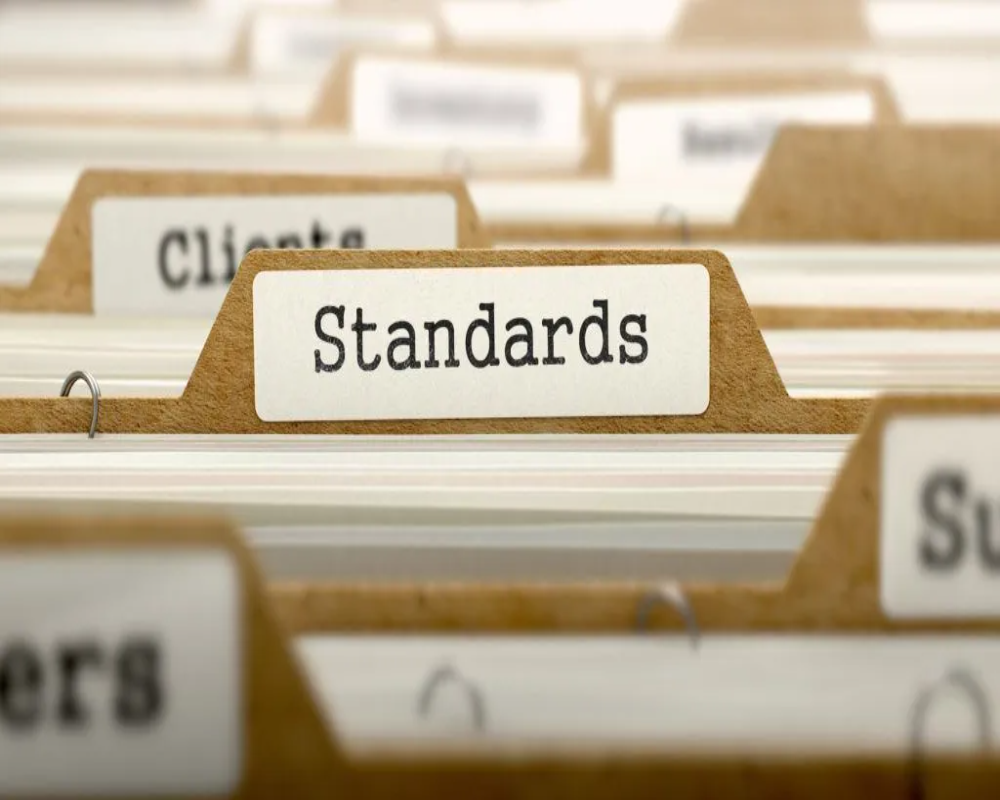Introduction
In today’s complex and globally interconnected economy, transparent and consistent financial reporting is essential for industrial entities. Whether manufacturing, energy, construction, or logistics, industrial businesses operate with extensive assets, intricate supply chains, and large-scale transactions. To ensure accountability, comparability, and investor confidence, these businesses must adhere to established financial reporting standards.
Financial reporting standards are frameworks that guide the preparation and presentation of financial statements. They ensure that financial information is reliable, uniform, and understandable across sectors and jurisdictions. This article explores the definition, importance, components, and application of financial reporting standards in industrial contexts.
1. What Are Financial Reporting Standards?
Financial reporting standards are formal guidelines and rules that govern how businesses record, disclose, and interpret their financial transactions. These standards aim to:
- Promote consistency in financial statements
- Enhance transparency and reliability
- Facilitate informed decision-making by stakeholders
- Support legal and regulatory compliance
For industrial companies, adherence to these standards is not just a statutory requirement—it is also a critical component of corporate governance and strategic credibility.
2. Key Financial Reporting Frameworks
Several authoritative bodies have established frameworks used globally or regionally. The choice of framework often depends on the country of operation and listing requirements.
a. International Financial Reporting Standards (IFRS)
Issued by the International Accounting Standards Board (IASB), IFRS is widely adopted across more than 140 countries. It is particularly relevant for multinational industrial corporations.
- Emphasizes fair value and principle-based accounting
- Supports cross-border financial integration
- Key standards: IFRS 15 (Revenue Recognition), IFRS 16 (Leases), IFRS 9 (Financial Instruments)
b. Generally Accepted Accounting Principles (GAAP)
Primarily followed in the United States, GAAP is a rules-based framework set by the Financial Accounting Standards Board (FASB).
- Focuses on detailed and prescriptive standards
- Used extensively by listed and large private companies
- Requires adherence to specific industry guidelines
c. National Accounting Standards
In countries like India, national accounting standards (such as Ind AS, which is IFRS-converged) apply to industrial enterprises based on turnover and listing status.
3. Components of Financial Reporting in Industries
Industrial financial reporting typically covers the following components:
a. Income Statement
Shows revenues, expenses, and profits over a financial period. It reflects core industrial activities such as production costs, operating margins, and other income.
b. Balance Sheet
Provides a snapshot of the company’s financial position, including:
- Fixed assets (plant, machinery)
- Inventory (raw materials, WIP, finished goods)
- Liabilities (loans, trade payables)
- Shareholder’s equity
c. Cash Flow Statement
Tracks inflows and outflows of cash across operations, investing, and financing activities—vital for assessing the financial health of asset-heavy industries.
d. Notes to Accounts
Disclosures related to accounting policies, contingencies, asset valuations, and contractual obligations help stakeholders understand the context of reported figures.
4. Industry-Specific Reporting Considerations
Industrial sectors may face unique reporting challenges that require specific disclosures or standards:
a. Depreciation of Machinery
Manufacturing firms must follow standards on fixed asset recognition and depreciation methods.
b. Inventory Valuation
Reporting of raw materials, work-in-progress, and finished goods must comply with cost or net realizable value rules, as guided by IFRS or GAAP.
c. Lease Accounting
Factories often lease large facilities or equipment. Lease liabilities and right-of-use assets must be disclosed under IFRS 16 or ASC 842.
d. Environmental and Sustainability Disclosures
Increasingly, regulators require disclosures related to environmental impact, carbon emissions, and resource usage—especially for energy and heavy industries.
5. Importance of Compliance and Auditing
Adhering to financial reporting standards is essential for:
- Securing investor and lender confidence
- Ensuring compliance with tax and regulatory bodies
- Enabling fair valuation during mergers, acquisitions, or public listings
- Mitigating legal risks through transparent disclosures
External audits, conducted in accordance with these standards, provide assurance on the accuracy and integrity of reported information
Conclusion
Financial reporting standards serve as the cornerstone of industrial transparency and accountability. For industries dealing with high-capital investments, complex operations, and multiple stakeholders, consistent financial reporting is vital for both regulatory compliance and strategic decision-making. Whether aligned with IFRS, GAAP, or national frameworks, these standards provide the structure and clarity necessary to evaluate performance, attract capital, and sustain long-term growth. Industrial enterprises must continually invest in financial expertise, robust accounting systems, and internal controls to fully realize the benefits of standardized financial reporting.
Hashtags
#FinancialReporting #ReportingStandards #IndustryStandards #Finance #Accounting #FinancialTransparency #Compliance #FinancialRegulations #BusinessFinance #FinancialAnalysis #CorporateFinance #FinancialStatements #GAAP #IFRS #FinancialReportingFramework #IndustryInsights #FinancialLiteracy #AccountingStandards #FinancialManagement #BusinessReporting


